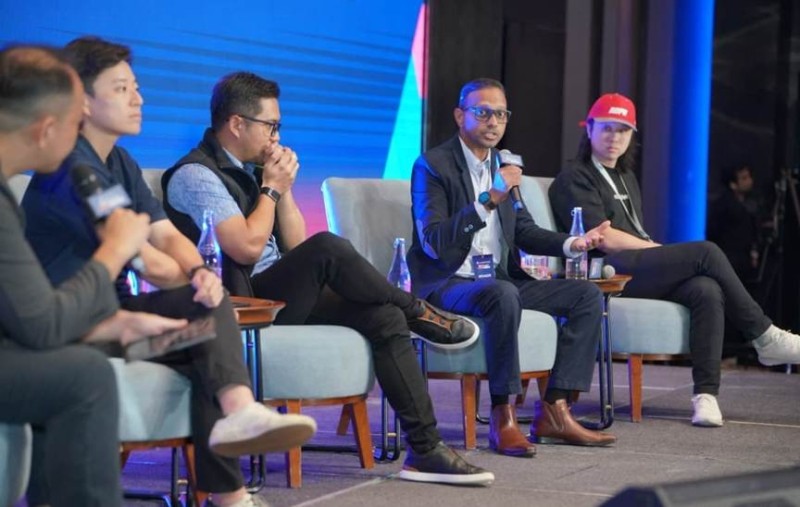
KUALA LUMPUR (Oct 7): Small and medium enterprise (SME) owners must not rush into adopting new technologies to scale their business and instead evaluate how the latest tools will impact or disrupt existing operations first.
Artificial intelligence (AI) and automation are such examples of the latest tools that SMEs are interested in adopting for digital transformations but businesses must be prepared to adjust their operations to optimise and integrate new solutions. Additionally, this must be driven by a top-down approach, said industry experts speaking at a panel session during the Alliance Bank BizSmart® Business Conference 2025, held at the W Hotel on Tuesday (Oct 7).
“Top leaders need to commit to scaling up to tech and make sure they understand what it is and what the fundamental underlying value of leveraging certain tech is for your business. [From this understanding], you may be able to leverage [its value] to make your product and business 10 times better,” said Ching Tseng, principal of the Web3 Arm at AppWorks, a Taiwanese venture capital.
She suggested the business owners take the strategy by starting with smaller, simpler solutions for a higher level of impact and customer retention.
Johnson Goh, co-founder of MindHive, added that SMEs must consider the cost and risk of a solution by understanding if a tool that is being used by peers is impactful for a business’ internal operations.
“SMEs should consider the unique upside that a particular kind of initiative has for your business, because the way one company runs their business may be very different from how another company runs theirs,” said Goh.
SMEs that are constrained by limited resources can explore a culture of experimentation and try new tools and processes on a regular basis. This was suggested by Aizat Rahim, managing director of marketplace solutions provider Borong, who said that constant evaluations of different tools can narrow down the solutions that suit a company best.
“Not all initiatives will be successful but [SMEs may] be surprised by the impact of cost savings, automation, e-invoicing or business management [from the right solution]. Try and pick one day per week where your team can work out different tools. [This can result in] SMEs digitising some parts of their business,” he advised.
Aizat shared that Borong has already started experimenting with automation on certain roles that were previously done by ex-employees. Twenty to thirty per cent of tasks, such as accounting and administrative paperwork, are currently being automated.
Although AI may replace jobs in the future, the next immediate six to 12 months will not fully change the way businesses operate.
“The jobs that you hate but have to do will slowly start to be automated one by one but for AI to take over the kind of jobs that business owners are doing, I think we're still very far away from that,” said Goh.
Source: https://theedgemalaysia.com/node/773120

